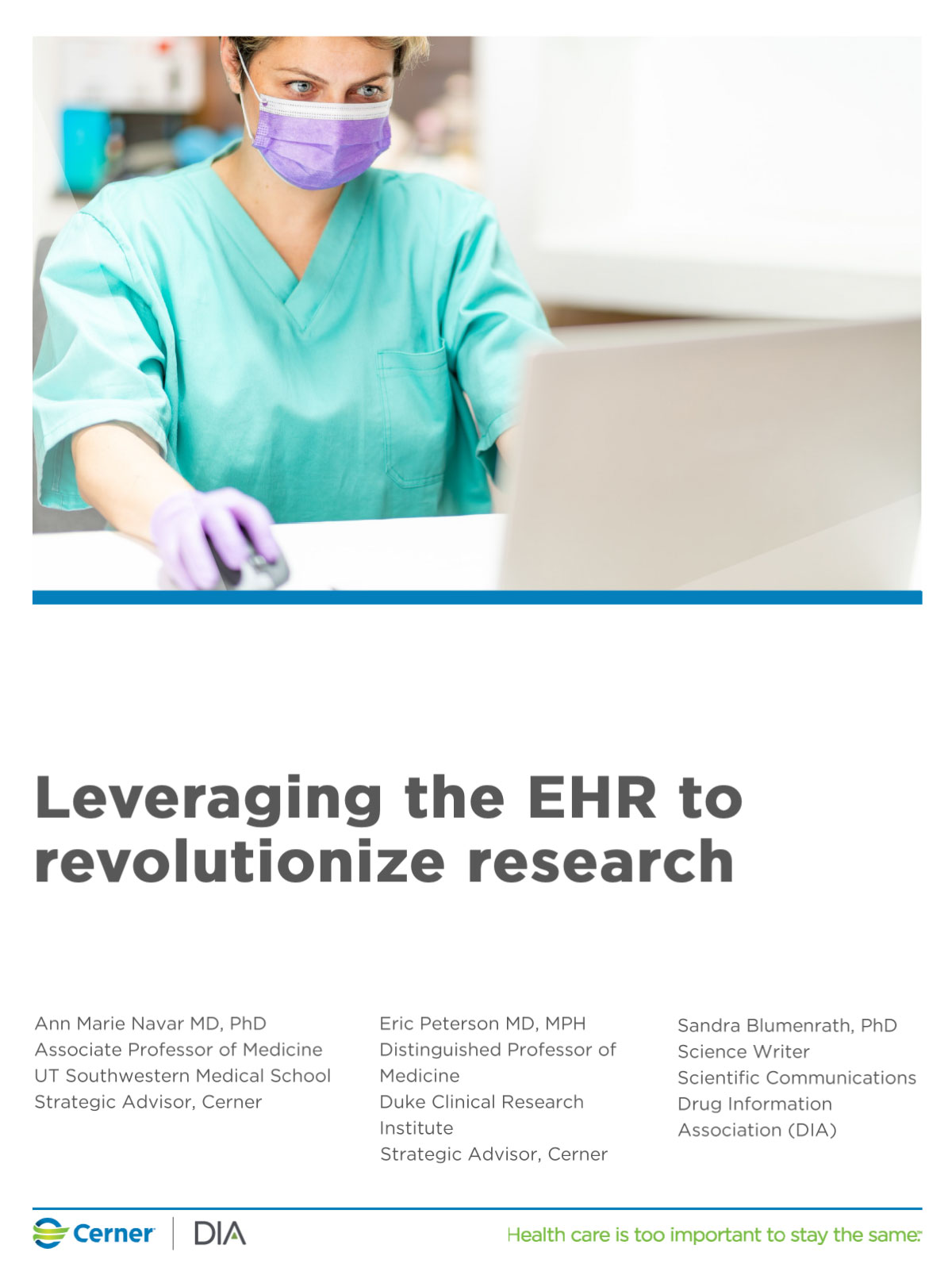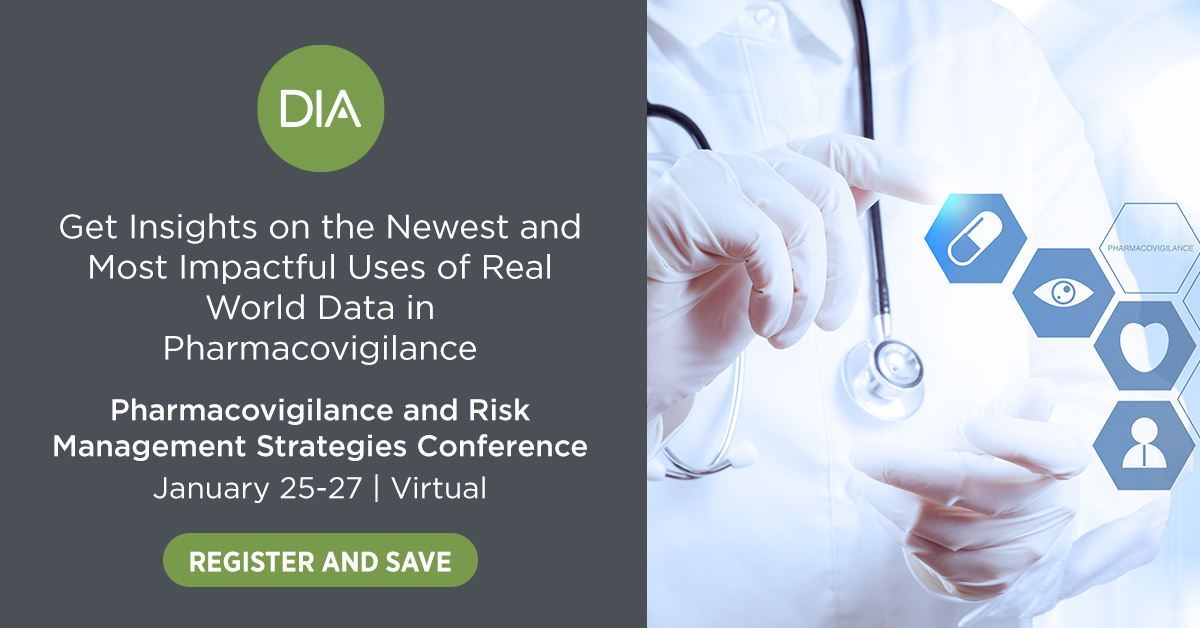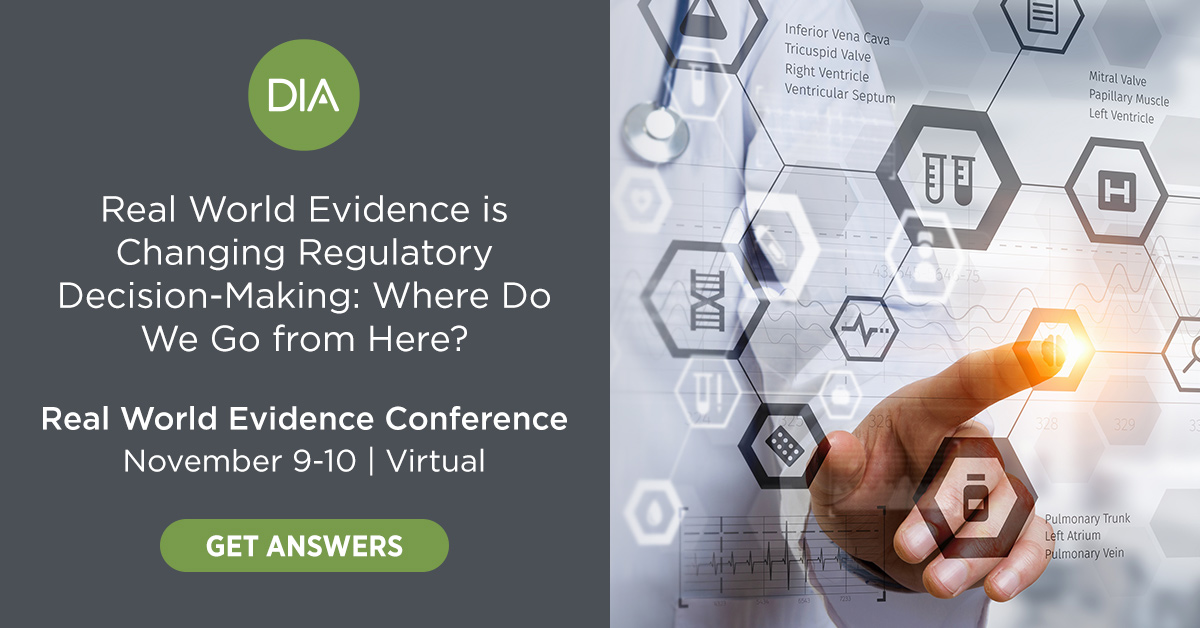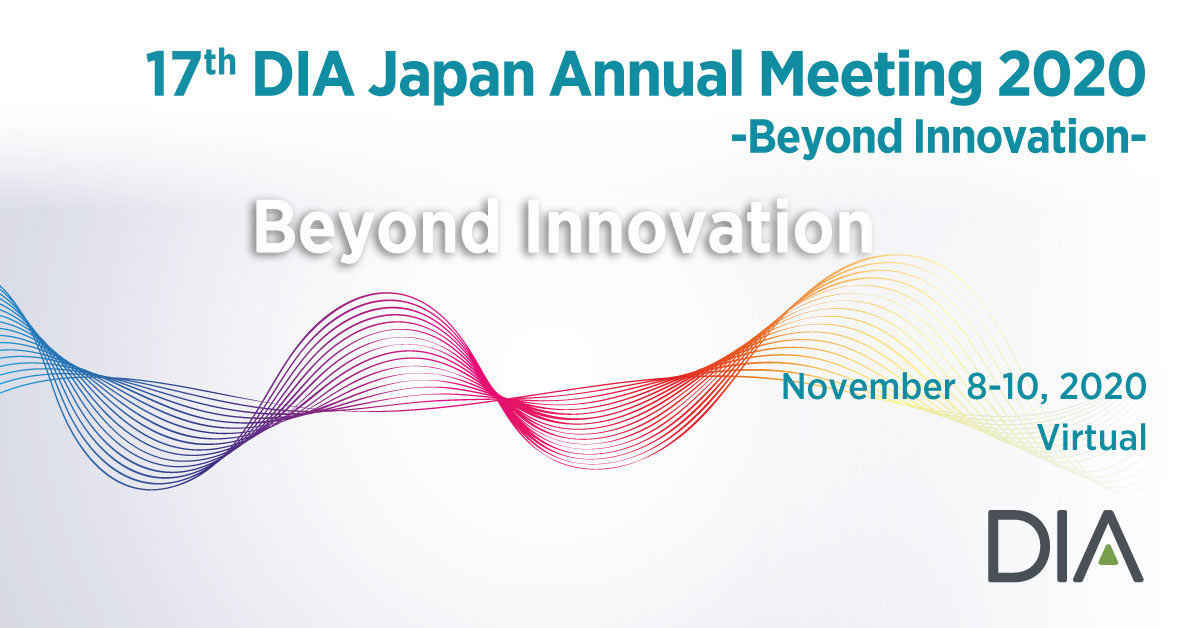DIA shares with all our scientific stakeholder communities (basic research, product development, medical, and regulatory) the conviction that science and scientific data are and must continue to be the fundamental basis for decisions that affect the health of individuals and of the public at large. This includes decisions on the development, regulatory approval, patient access, and continuing oversight of needed therapies, vaccines, diagnostics, and technologies.
The COVID-19 pandemic makes this unequivocal commitment to science even more crucial for the world. An unprecedented number of stakeholders across healthcare – including academia, government, industry, non-governmental organizations, medicine, patients, study volunteers and many, many more – are working around the clock and around the world to develop and deliver life-saving products to us all.
While there is an urgent need for quick access to definitive treatments, vaccines, and diagnostics, the road to truly effective and safe quality remedies can be long, winding, and difficult, despite the best efforts, creativity, commitment, and collaboration of so many.
Scientific rigor requires diligence, patience, and the ability to make informed decisions based on robust scientific data that are collected using internationally recognized practices to develop and distribute safe, efficacious, and quality products. Transparency is key – a lack of full data transparency for those in decision-making positions raises the likelihood of distrust by patients who may benefit the most from new scientific data, whether positive or negative.
DIA reaffirms its commitment and calls on decision-makers and partners around the world to recognize the importance and preeminence of both basic science and regulatory science – the discipline that positions and values science as the essential foundation of regulatory and other decisions. Now more than ever, data and decisions must be robust and transparent as we face the challenges brought on by the COVID-19 pandemic.
DIA will continue to inform, educate, inspire, convene, and support all who are engaged in our mission to create a safer, healthier world for all. Working together, and armed with an unshakeable reliance on science, our world can truly be saved.
Table of Contents
EXECUTIVE LEADERSHIP
Subscribe
Love Global Forum‘s new online format? Subscribe today and never miss an issue.
Editorial Board
Content stream editors
Gary Kelloff US National Institutes of Health
David Parkinson ESSA Pharma, Inc.
regulatory science
Yoshiaki Uyama Pharmaceuticals and Medical Devices Agency (PMDA)
Adora Ndu BioMarin Pharmaceutical, Inc.
Patient engagement
Deborah Collyar Patient Advocates In Research (PAIR)
Lode Dewulf Corvalus
VALUE AND ACCESS
Monika Schneider Shionogi
Editorial Staff
Alberto Grignolo, Editor-in-Chief Parexel International
Ranjini Prithviraj, Global Associate Director, Content Collaboration DIA Scientific Communications
Sandra Blumenrath, Science Writer DIA Scientific Communications
Chris M. Slawecki, Senior Digital Copyeditor DIA Scientific Communications
Regional Editors
David Mukanga Bill and Melinda Gates Foundation
ASEAN
Silke Vogel Duke-National University of Singapore Medical School
AUSTRALIA/NEW ZEALAND
Richard Day University of New South Wales, Medicine, St. Vincent’s Hospital
CANADA
Judith Glennie JL Glennie Consulting, Inc.
Megan Bettle Health Canada
CHINA
Ling Su Shenyang Pharmaceutical University, Lilly Asia Ventures
Europe
Thomas Kühler Sanofi R&D
INDIA
J. Vijay Venkatraman Oviya MedSafe
JAPAN
Akiko Ikeda Janssen Pharmaceutical K.K.
LATIN AMERICA
Cammilla Gomes Roche
MIDDLE EAST
Inas Chehimi Novartis
USA
Ebony Dashiell-Aje BioMarin
Young Professionals Editor
DIA Membership
Bringing together stakeholders for the betterment of global health care.
What the COVID-19 Pandemic Can Teach Us About Clinical Trials
R Simon Consulting
he search for COVID-19 treatments has been filled with controversy and confusion. It is clear that the randomized clinical trial is more valuable than ever but is not being utilized as effectively as possible. In this commentary I give examples of these problems and discuss some potential improvements.
For example, publication of a small non-randomized French study, claiming effectiveness for hydroxychloroquine as treatment for COVID-19 led to a world-wide frenzy for the drug. The study incorporated data for 20 treated patients of whom six discontinued treatment early. Sixteen patients, who did not receive the drug, were used as a control group. Excluding results for the six patients who discontinued treatment, the investigators found that 70 percent of the hydroxychloroquine group had negative SARS-CoV-2 nasopharyngeal swabs at day 6 compared to 12.5 percent in the control group. The resulting rush on chloroquine led to a shortage of the drug worldwide for patients taking regular chloroquine or hydroxychloroquine for lupus or other systemic diseases.
RWD and RWE in Brazil: Perspective of the Brazilian Health Regulatory Agency (Anvisa)
his article is an overview of the use of real world data (RWD) and real world evidence (RWE) for regulatory decision-making in Brazil, focusing on decisions regarding the registration process and post-approval changes of drugs at the Brazilian Health Regulatory Agency (Anvisa).
Real world evidence (RWE) is clinical evidence about the use or potential risks/benefits of a drug based on the analysis of real world data.
White Paper
![]() DIA DIRECT: COVID-19 Webinars
DIA DIRECT: COVID-19 Webinars
As a response to the current pandemic, and with the support of the DIA Knowledge Brigade, we have brought together experts from across the global healthcare product development continuum for an ongoing series of live, virtual panel discussions on how we continue to work towards our shared mission of accelerating therapies to patients, during the coronavirus crisis. Watch Post-Pandemic Paradigm Shifts and New Dimensions of Value below now.
For other webinars in this DIA DIRECT COVID-19 Webinar Series, please visit our DIA Now In-Focus COVID-19 Resource Center.
Regulatory Harmonization in East Africa
The Story, Highlights, and Promise
Bill & Melinda Gates Foundation
n August 12, 2020, PLOS Medicine published a collection of five papers on the East Africa regulatory harmonization initiative. You can find these papers online. This article will provide highlights of this collection.
This collection reports the early adoption of the Common Technical Document (CTD) across the region as well as shared regulatory requirements and standards for medical products regulation; this set the stage for countries to start assessing marketing applications (MAs) jointly. The initiative also enabled, through strong advocacy, creation of new autonomous regulatory agencies in Rwanda, South Sudan, and Zanzibar.
![]() Podcasts
Podcasts
CTD Speeding Medicines Registration in East Africa
David Mukanga
Margareth Sigonda
Around the Globe
Regulatory Reliance Also Applies to Mature Regulatory Agencies
Thomas Kühler
Sanofi R&D
t a recent symposium about expanding regulatory innovation, I discussed the importance of Regulatory Reliance, defined by WHO as, “The act whereby the NRA in one jurisdiction may take into account and give significant weight to assessments performed by another NRA or trusted institution, or to any other authoritative information in reaching its own decision. The relying authority remains independent, responsible, and accountable regarding the decisions taken, even when it relies on the decisions and information of others.” This approach offers a true win-win opportunity for all parties involved – notably to society and patients, who depend on timely access to high-quality, innovative, safe, and efficacious medical products.
Enabling RWE Studies in India
Clinical Research & Drug Development Consultant
ndia, with a large population, a variety of communicable and non-communicable diseases, and diversity of healthcare systems, provides immense opportunity for conducting studies in real world evidence (RWE). But this potential is not yet realized because of lack of demand from regulators, payers, insurance companies, and patients, and low level of interest from clinical investigators. This is a brief review of industry’s role and challenges in creating an enabling environment for RWE studies.
Around the Globe
A Crisis Year Brings Clinical Trials Face to Face with the Underserved
A Path Forward: Crisis as Catalyst for Change
OVID-19 is a catalyst for transformation of clinical research. The critical need to ensure greater diversity in clinical trial participation is more evident than ever. With increased attention paid to disparities in clinical trial study access and participation in recent COVID-19 vaccine trials and the global impact of clinical trial disruption due to the pandemic, there is increased need to rethink study inclusion and diversity – to develop creative ways to engage underserved communities and accommodate geographically diverse or disadvantaged populations (e.g., through remote trial models) to increase representation in clinical trials.

